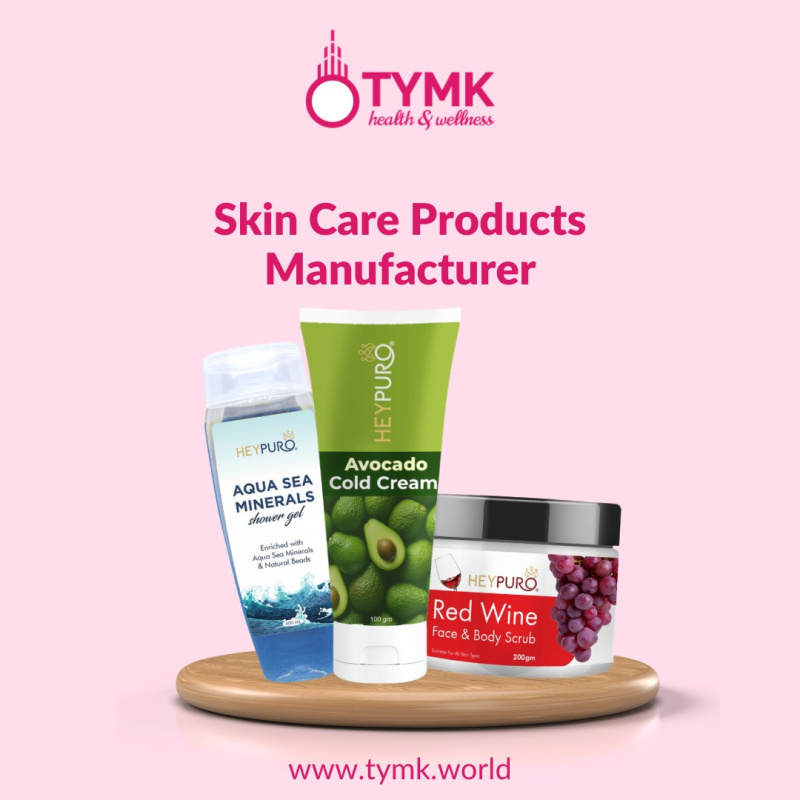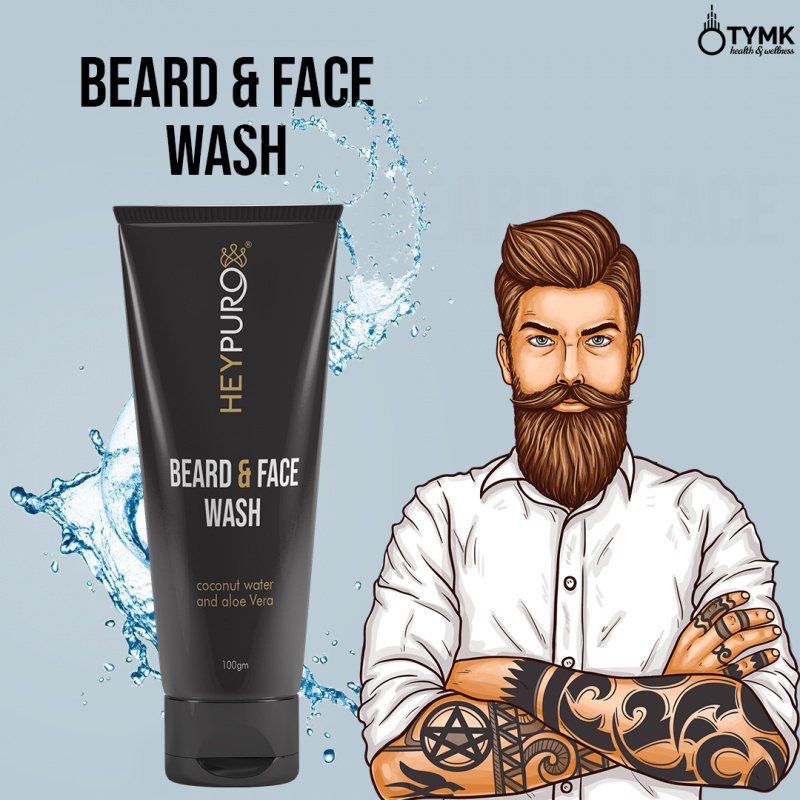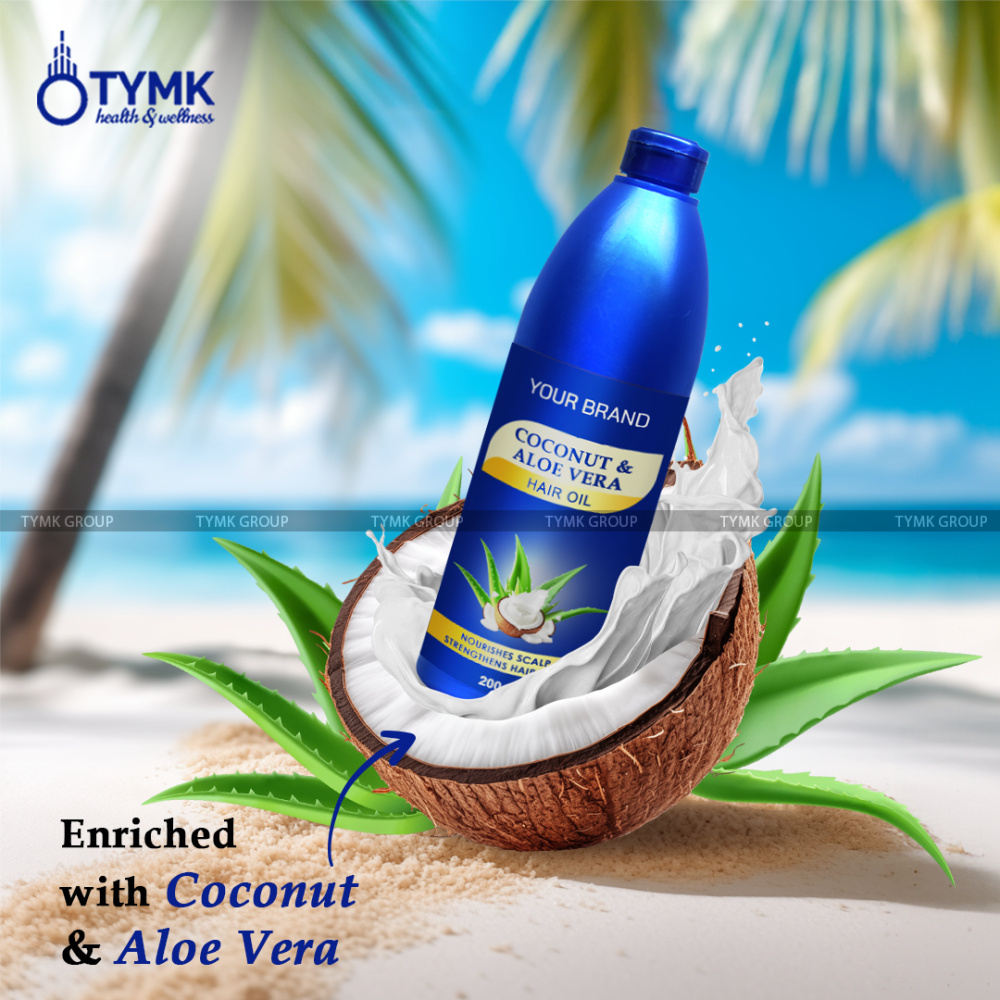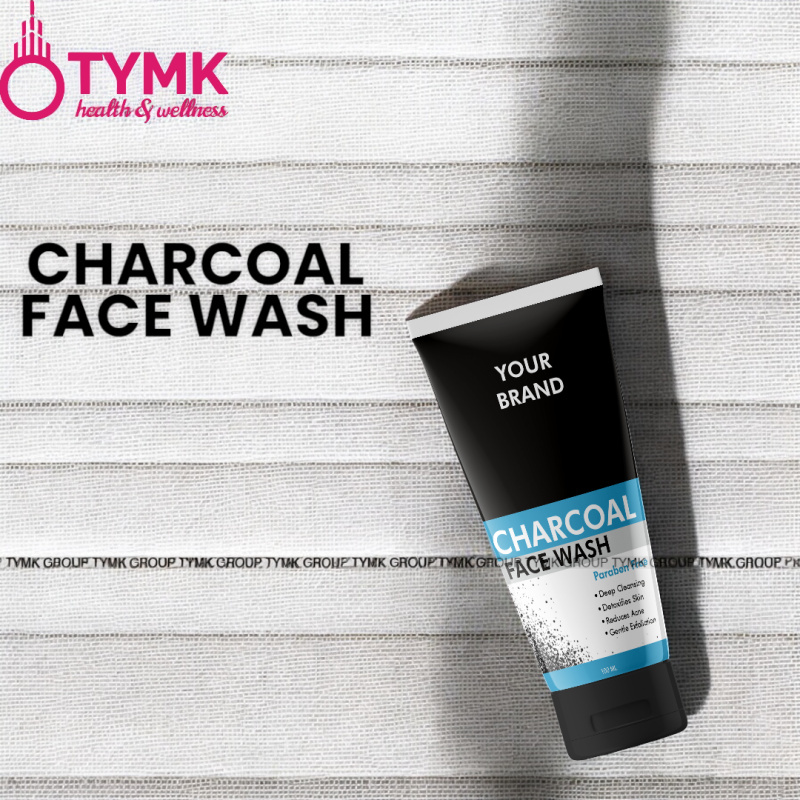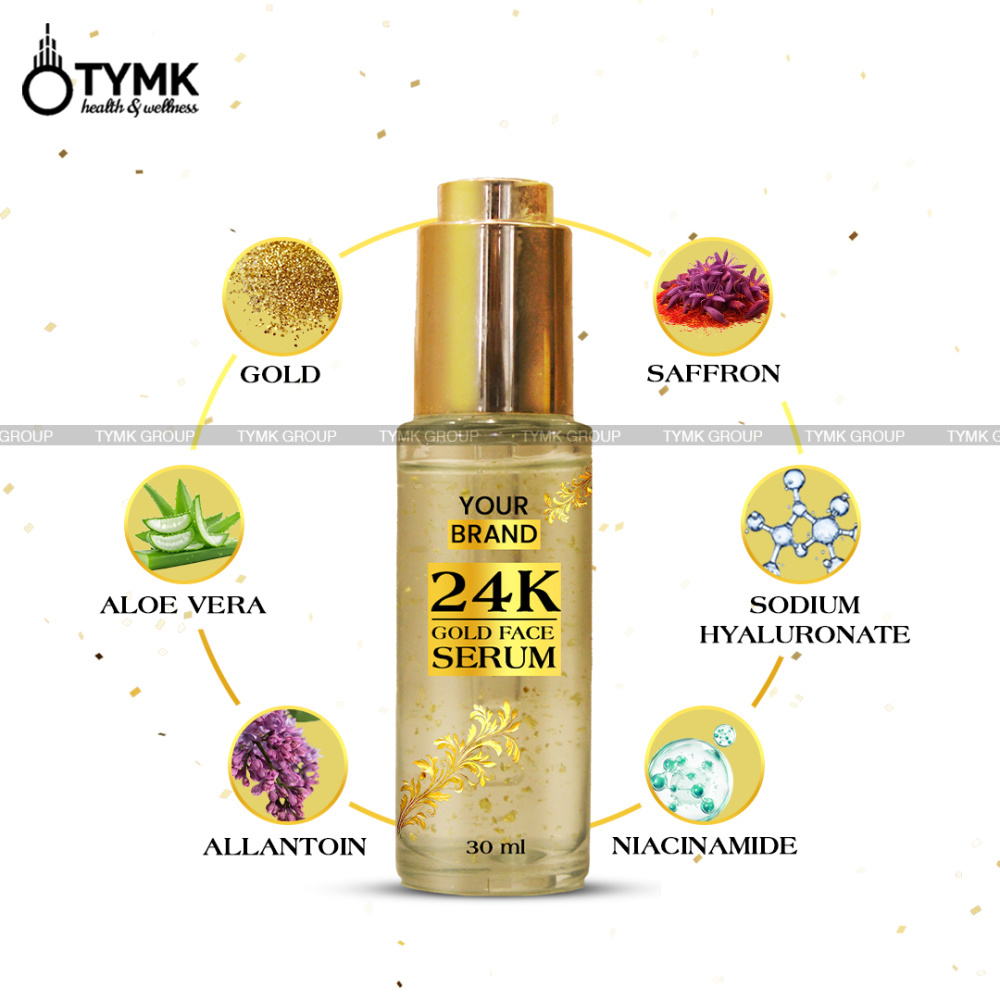How to Choose the Best Private Label Cosmetic Manufacturer for Your Brand
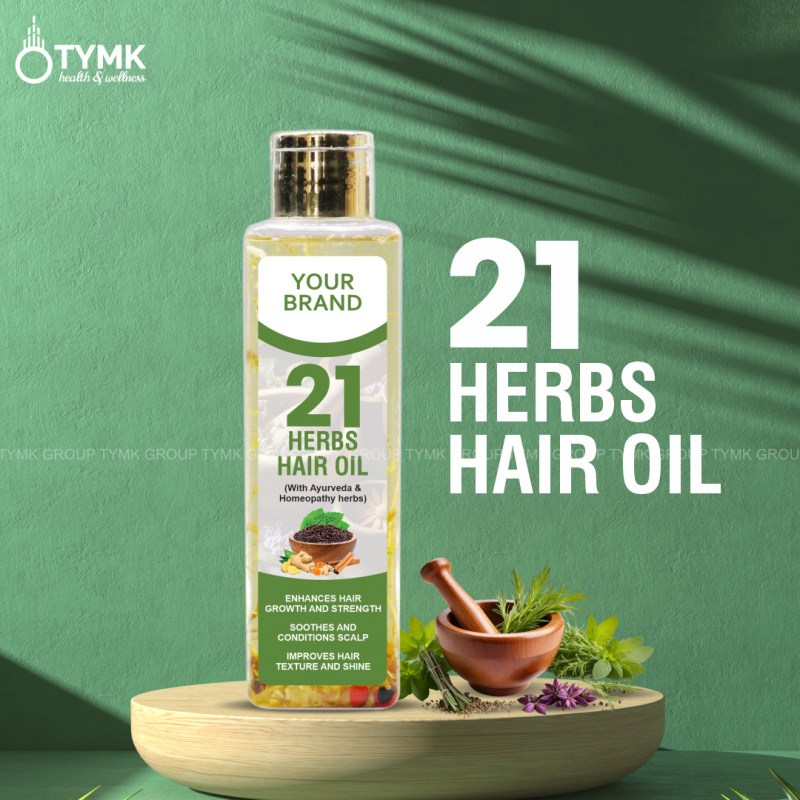
Cosmetic Manufacturer: Your Trusted Partner in Beauty
In today’s booming beauty industry, partnering with the right private label cosmetic manufacturer can make all the difference. As demand for custom skincare, makeup, and personal care products surges, savvy entrepreneurs and established brands alike seek private label solutions to innovate quickly, control branding, and scale effectively.

What is a private label cosmetic manufacturer?
A private label cosmetics producer is a production facility or partner that formulates, manufactures, and packages cosmetic products under your brand’s label. They allow businesses to focus on marketing, sales, and branding while they handle product development, ingredient sourcing, formulation, and quality control. Whether it’s skincare moisturizers, serums, foundations, or lipsticks, private label manufacturers are your behind-the-scenes beauty experts.

Key Benefits of Choosing a Organic cosmetic
-
Speed to Market: Ready-to-go formulations mean you can launch faster.
-
Cost Efficiency: Benefit from economies of scale without investing in your own lab or manufacturing equipment.
-
Customization: Many manufacturers offer tailoring of formulas, packaging, and branding.
-
Compliance and Safety: They handle regulatory testing, safety assessments, and quality control.
-
Scalability: Easily scale production from small boutique batches to large commercial runs.
Focusing on these aspects ensures that your brand stays agile, compliant, and competitive.

Custom Formulation Services
One of the main attractions of working with a organic beauty products manufacturer is access to custom formulation services. These specialists can:
-
Create unique formulas tailored to your brand’s philosophy (organic, cruelty-free, vegan, anti-aging, etc.).
-
Navigate tricky regulatory standards—think fragrance allergens, preservative limits, and pH balancing.
-
Optimize formulations for texture, scent, stability, and performance.
This hands-on customization supports brand differentiation while maintaining high product efficacy and safety.
Regulatory Compliance and Safety Testing
Regulatory compliance is non-negotiable in cosmetics. A reputable private label beauty ensures compliance with:
-
FDA (USA) guidelines, such as ingredient bans, labeling requirements, and Good Manufacturing Practices (GMP).
-
EU Cosmetics Regulation (Regulation 1223/2009), including the Cosmetic Product Safety Report and Product Information File.
-
Other regional standards, depending on where your product will be sold (e.g., BIS in India, ASEAN cosmetic directives, etc.).
-
Safety testing: patch tests, microbial testing, preservative efficacy, stability testing, and heavy-metal analysis.
Including compliance into the manufacturing process helps you avoid costly delays and ensures product safety for consumers cosmetic manufacturer.
Packaging and Design Solutions
Beyond formulation, packaging plays a pivotal role in product success. Top private label beauty provide:
-
A range of packaging options: tubes, jars, airless pumps, compacts, bottles with dropper caps, etc.
-
Label printing and design services—ensuring branding, instructions, and regulatory labeling are clear and compliant.
-
Eco-friendly options: recyclable, biodegradable, and refillable packaging to appeal to sustainability-minded consumers.
Beautiful, functional packaging enhances shelf appeal and strengthens your brand identity.
Minimum Order Quantities (MOQs) and Flexibility
MOQs can vary widely in private-label production. Understanding this is crucial:
-
Some manufacturers offer low MOQs (hundreds to a few thousands) for startups or niche brands.
-
Others specialize in high-volume runs, which bring down per-unit cost.
-
Flexible manufacturers may offer scalable MOQs or tiered pricing that align with your growth.
-
Negotiating MOQs is possible, especially if you’re open about projected growth or repeat orders.
Being clear about your production needs helps secure the best terms with your manufacturer.
Quality Assurance and Certifications
A trusted Private Label Beauty must uphold rigorous quality assurance processes:
-
Conducting raw-material testing at receipt.
-
In-process checks during mixing, filling, and packaging.
-
Final product QC: viscosity, pH, microbiological safety, odor, color consistency.
-
Certifications: ISO 22716 (cosmetics GMP), GMP certification, cruelty-free certification (Leaping Bunny, PETA), halal, organic, etc.
These certificates not only ensure product quality but also enhance trust and marketing credentials.
Sub-topic: Green and Clean Beauty Trends
Consumers increasingly demand clean, sustainable, and green beauty products. Your abel Cosmetic Maker should offer:
-
Natural and organic ingredients, plant-based actives, botanical extracts.
-
Paraben-free, sulfate-free, silicone-free, and other “-free” formulations.
-
Sustainable sourcing (upcycled ingredients, fair trade, biodegradable packaging).
-
Transparency in ingredient lists and production methods.
Aligning with these trends helps your brand resonate with eco-conscious customers and stand out in a crowded market.
Dropshipping and Logistics Support
Many modern private label manufacturers also assist with dropshipping and logistics:
-
Packaging products with your brand and shipping directly to customers or retailers.
-
Managing inventory and order fulfillment.
-
Coordinating customs and shipping documentation for international markets.
-
Offering warehousing and bundled fulfillment solutions.
This allows you to outsource fulfillment, scale globally, and deliver seamlessly to end customers.
Choosing the Right Private Label makeup manufacturer
To select your ideal partner:
-
Evaluate product expertise: Do they specialize in skincare, makeup, haircare, or all of the above?
-
Visit production facilities (if possible) or request virtual tours.
-
Request samples to test formulation, packaging, and quality firsthand.
-
Check client references and case studies to assess reliability.
-
Understand pricing structure: set-up fees, per-unit costs, packaging, testing, shipping.
-
Assess communication and support: responsive customer service is crucial for smooth collaboration.
By taking these steps, you ensure a strong, long-term manufacturing partnership.
Explore:
Chocolate Soap
Deo Fragrant Soap
FAQs
1. What is the typical minimum order quantity (MOQ) for private label cosmetics?
MOQs vary widely—many manufacturers offer low minimums (e.g., 100 to 500 units) for startups; others may require thousands. It depends on their production setup, complexity of formulation, and packaging choices.
2. How long does it take to launch a private label cosmetic product?
Timelines depend on formulation and complexity. With ready-to-go formulas, you can launch in 4–8 weeks. Custom formulations may require 8–16 weeks for development, testing, production, and packaging.
3. Can I customize formulations, like creating a vegan or organic product?
Absolutely. Most private label skincare manufacturer provide formulation flexibility, letting you specify vegan, organic, cruelty-free, fragrance-free, or any other brand-aligned characteristic.
4. What quality certifications should I look for in a manufacturer?
Look for (e.g., Leaping Bunny, PETA), organic certifications, and other chem-safety testing standards. These ensure product integrity, safety, and compliance.
5. Will my manufacturer help with packaging and shipping?
Many do. Beyond manufacturing, they offer packaging design, labeling, and even fulfillment services like dropshipping, warehousing, and logistics—great for scaling your ecommerce or retail operations seamlessly.

